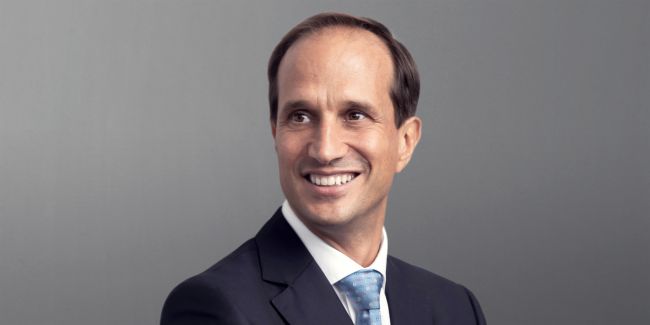When Zurich-based Credit Suisse snapped up Francesco De Ferrari just two months ago, the bank had recently vowed to put wealth management at the heart of its business. De Ferrari was to have wide authority over a newly-merged unit with 853 billion Swiss francs ($925 billion) in assets.
Credit Suisse centralized power over its fast-growing Asian business alongside its dealings with Switzerland’s wealthy. It pledged to endow the wealth unit, which tends to the financial affairs of the world’s ultra-rich, with 3 billion francs in capital sapped from its historically influential investment bank. Credit Suisse abandoned other activities without a “nexus” to the private bank.
Growth Vs. Stabilization
The move was a huge part of ex-Chairman António Horta-Osório’s strategy overhaul for the battered 166-year-old Swiss lender. This follows an annus horribilis including $10.1 billion tied up in Greensill products, more than $5 billion wiped out by Archegos, and a guilty plea as well as $475 million in fines for lending to Mozambique.
De Ferrari is one of five top Credit Suisse executives who has been in the job for less than one year. The 52-year-old Swiss-Italian dual citizen was parachuted into the top job in Zurich just months after leaving AMP, an Australian wealth manager which had in 2018 been in equally dire circumstances as the Swiss bank (so fast that De Ferrari’s corporate portrait for Credit Suisse is still one shot for AMP).
De Ferrari’s mandate may have sounded like growth back in November, when Horta-Osório oversaw the McKinsey-designed overhaul of Credit Suisse. Now, it is stabilization: the latest salvo is a damaging leak which reveals, in blistering detail, how Credit Suisse catered to strongmen and dictators as recently as 2015.
Scrambling To Reassure
De Ferrari is about to discover that private clients don’t especially like publicity for their wealth managers, and abhor any attack on their confidentiality. A scramble to reassure clients it has “robust data protection and data leakage prevention controls in place” to protect them undercuts De Ferrari’s growth mandate.
«The motto of the day is, let’s get the basics right,” according to a bank insider. “There are no big bold moves at the moment: it’s stabilizing what’s there, getting know-your-customer under control, and running the business.”
Six weeks into the job, De Ferrari’s problems were myriad even before #SuisseSecrets: the threat of withdrawals hangs over the wealth unit when it combines reporting of Swiss, international, and Asian activities for the first time. And Credit Suisse’s avowals of strategic support for De Ferrari’s efforts stand in contrast to a political land-grab internally for the loss-making bank’s scarce resources.
Resources Not “Beautifully Lined-Up”
Specifically, the private bank in Asia De Ferrari ran until 2018 saw 2.9 billion francs in withdrawals in the fourth quarter, wiping out inflows from the previous three quarters. Clients unwinding leverage looks likely to continue, including connected to China’s Evergrande.
Credit Suisse’s rich clients in Switzerland also, surprisingly, withdrew a total of 1.8 billion during the most recent quarter. By contrast, an international unit previously overseen by Philipp Wehle netted 2.7 billion francs. The specter of discounts to keep clients on-side is real.
It isn’t clear how damaging #SuisseSecrets will prove for De Ferrari’s business, but it is emerging that the stars aren’t as beautifully aligned as the strategy statement’s generous wording in November suggested. De Ferrari can’t simply snap his fingers and command resources: infighting is more common than ever in top management. Finance chief David Mathers is as powerful as ever organizationally, according to one person familiar with top management discussions.
Key Lieutenants Due
De Ferrari is, of course, no stranger to Credit Suisse’s politicking. Next week, he is due to reveal his top team, which is expected to feature Swiss veterans such as Serge Fehr and Felix Baumgartner in prominent roles. Credit Suisse hasn’t yet restated its past financial results to the new structure.
Observers are also curious about De Ferrari’s plans to further digitize – an area he championed in Asia and campaigned for his current job on. Joanna Hannaford, who joined Credit Suisse the same day De Ferrari returned to the bank, may stake a claim for some authority for spearheading technology at the private bank. “Nobody is inviting wealth management to the table. He needs to be careful to nail down what he can to ensure he has a stake in it,” the person said.



